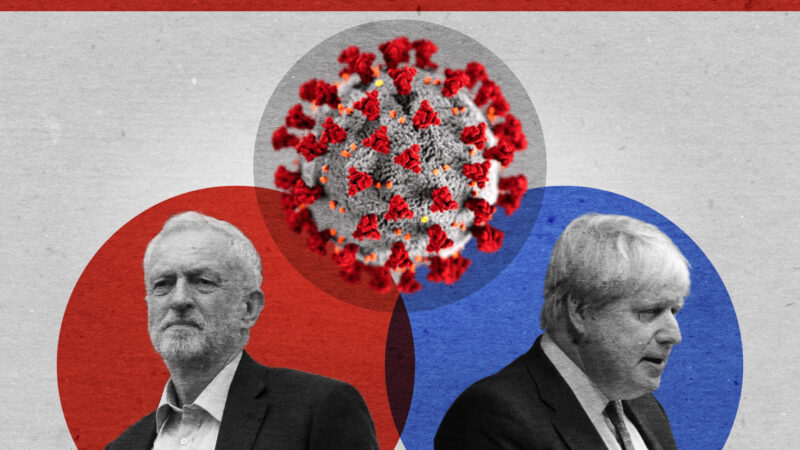
By the end of the week, there is set to be a UK ban on mass gatherings. Within 20 days, those over 70 and/or with pre-existing medical conditions will be told to self-isolate for four months. Up to 80% of the UK population are to be infected over the next 12 months, which means up to 7.9 million may require hospitalisation. Most frontline NHS staff won’t be tested for Covid-19 even if they have symptoms. Councils will be allowed to lower standards in care homes. Measures will be taken to speed up funerals. Police will be given extra powers to detain infected people. And on it goes. These reports have not come from the government directly to the public, but through leaked information (here and here) and background briefings to journalists (here and here).
This mishandling of communications during a public health crisis does not only have consequences for accountability. As a result of this information vacuum, it appears many are either unclear on the severity of the pandemic and therefore doing nothing to change their behaviour, or they are worried and panic-buying. The attitude taken by No 10 promotes individualism that completely goes against its professed aim of protecting the most vulnerable, who need leaders to be promoting community-based solutions as well as the fast implementation of radical policies.
The government’s shambolic communications approach was typified when plans for some of the most extraordinary moves we have ever seen in this country were announced through Robert Peston’s blog. Incredibly, Matt Hancock also tried to set the record straight via an article for The Telegraph, which at first applied a paywall online. All journalists appreciate the value of being told things ‘on background’ – it is a useful tool. But this is not the time. Statements on Covid-19 must be attributable and reliable. It has taken pressure by Labour and high-profile figures for the government to agree to daily press conferences from now on.
The Budget, delivered only on Wednesday, seems such a long time ago. That is partly because the coronavirus policies put forward look even more pitiful now that we see what other European countries are doing. In Denmark, the government brought together trade unions and employers, to protect workers as well as businesses, and agreed to compensate wages. Unions here have called for a similar taskforce but this has been ignored by Boris Johnson, who also hasn’t been inviting London mayor Sadiq Khan to COBRA meetings. Jeremy Corbyn has issued demands – including rent deferrals, mortgage holidays, an increase in statutory sick pay – that are not just reasonable but essential.
While the Labour Party has been willing to criticise the government approach to communications and called for additional policies, it has steered clear of publicly finding fault with the core strategy. The party does not want to be seen to be ‘playing politics’ with such a serious issue. And yet there are serious concerns that the most at-risk groups are not being protected, and people are not being told that about the risk of asymptomatic people transmitting the virus.
We should note that it is difficult to hold the government to account on its strategy when it is so unclear. ‘Herd immunity’ was described as an aim by chief scientific adviser Sir Patrick Vallance on BBC Radio 4 on Friday, and this was also briefed to the press. However, after much criticism, they are now saying it was never a goal but simply a consequence that could bring benefits. The government was slow to move initially, and it is still handling this crisis poorly. Nobody should be afraid to call this out.
Sign up to LabourList’s morning email for everything Labour, every weekday morning.



More from LabourList
‘AI regulation is key to Labour’s climate credibility’
Ben Cooper column: ‘Labour needs to rediscover its own authentic populism’
‘Westminster rethought: a new purpose built site and a museum of democracy’